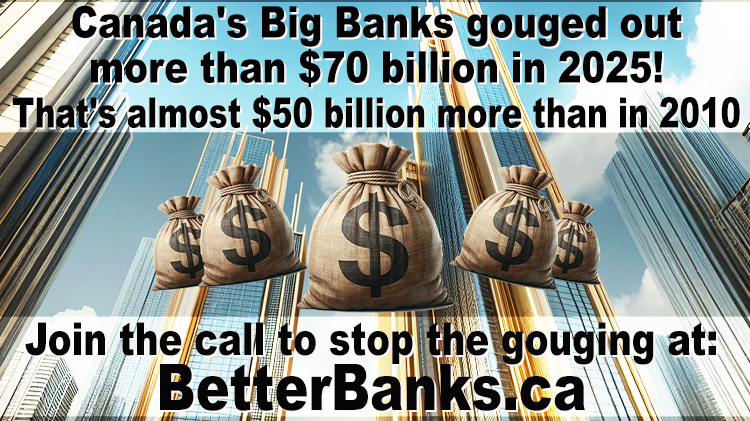Background on Key Problems that Make the
Federal Judicial Appointments System Too Political
To become a federally appointed judge, a person must either be a lawyer for 10 years or a lawyer and quasi-judicial tribunal member for a combined total of 10 years (See s. 3 of the Judges Act, and ss. 5.2 and 5.3 of the Federal Courts Act). There are Judicial Advisory Committees for each province and territory that review applications and recommend long lists of qualified candidates to the Minister of Justice.
The problems with the federal judicial appointments system that the case challenges are longstanding, and have been raised in the past, (see also here and here and here, and also all the evidence linked in Democracy Watch’s December 2020 affidavit, and most provinces have the same problems with their appointment system), as follows:
- Canada’s federal judicial appointment system is just a self-enforced policy of the federal government that can be changed at any time. In contrast, in the UK and in most provinces the appointment system is enshrined in law so that a Cabinet can’t change it without introducing a public bill that is debated by the legislature and the public.
- The Minister of Justice and Cabinet appoint a majority of the seven members of each Judicial Advisory Committee. They appoint:
- three of the members directly;
- one from a list of nominees submitted by the Law Society of the province/territory;
- one from a list of nominees submitted by the provincial or territorial chapter of the Canadian Bar Association;
- one from a list of nominees submitted by the jurisdiction’s Attorney General, and;
- then the chief judge of the jurisdiction chooses the last member of each committee.
- The federal judicial advisory committees are appointed by the Minister and Cabinet to renewable two-year terms. Ideally, even if the Minister and Cabinet members are removed from appointing any of the committee members (as recommended above in #2) the terms should not be renewable, to ensure regular turnover of committee members.
- Each committee submits a long list of candidates, which gives the Minister a lot of leeway to appoint whomever s/he wants. Ideally, the committees should submit only 1-3 candidates for each open judge position, with the minister required to choose from that short list, as in Quebec and the UK (and in the UK, where the committee only submits one candidate, the minister must explain in writing to the committee if s/he rejects the recommended candidate).
- Before making the final choice, the Minister shares each list of candidates with Cabinet ministers and MPs, and also party officials, from the province or territory. Ideally, the Minister should be prohibited from sharing the list with anyone.
Background on Key Problems that Make the
Federal Judicial Appointments System Too Political
To become a federally appointed judge, a person must either be a lawyer for 10 years or a lawyer and quasi-judicial tribunal member for a combined total of 10 years (See s. 3 of the Judges Act, and ss. 5.2 and 5.3 of the Federal Courts Act). There are Judicial Advisory Committees for each province and territory that review applications and recommend long lists of qualified candidates to the Minister of Justice.
The problems with the federal judicial appointments system that the case challenges are longstanding, and have been raised in the past, (see also here and here and here, and also all the evidence linked in Democracy Watch’s December 2020 affidavit, and most provinces have the same problems with their appointment system), as follows:
- Canada’s federal judicial appointment system is just a self-enforced policy of the federal government that can be changed at any time. In contrast, in the UK and in most provinces the appointment system is enshrined in law so that a Cabinet can’t change it without introducing a public bill that is debated by the legislature and the public.
- The Minister of Justice and Cabinet appoint a majority of the seven members of each Judicial Advisory Committee. They appoint:
- three of the members directly;
- one from a list of nominees submitted by the Law Society of the province/territory;
- one from a list of nominees submitted by the provincial or territorial chapter of the Canadian Bar Association;
- one from a list of nominees submitted by the jurisdiction’s Attorney General, and;
- then the chief judge of the jurisdiction chooses the last member of each committee.
- The federal judicial advisory committees are appointed by the Minister and Cabinet to renewable two-year terms. Ideally, even if the Minister and Cabinet members are removed from appointing any of the committee members (as recommended above in #2) the terms should not be renewable, to ensure regular turnover of committee members.
- Each committee submits a long list of candidates, which gives the Minister a lot of leeway to appoint whomever s/he wants. Ideally, the committees should submit only 1-3 candidates for each open judge position, with the minister required to choose from that short list, as in Quebec and the UK (and in the UK, where the committee only submits one candidate, the minister must explain in writing to the committee if s/he rejects the recommended candidate).
- Before making the final choice, the Minister shares each list of candidates with Cabinet ministers and MPs, and also party officials, from the province or territory. Ideally, the Minister should be prohibited from sharing the list with anyone.


